Organic Baby Food: The Ultimate Guide for Parents
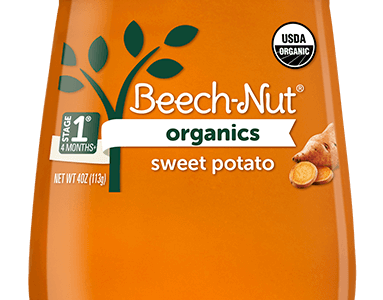
Organic baby food is made from ingredients grown without pesticides, synthetic fertilizers, or genetically modified organisms (GMOs). It aims to provide a healthier, chemical-free diet for infants.
Many parents choose organic baby food to ensure their babies consume nutritious, safe, and clean meals. Organic ingredients minimize exposure to harmful chemicals and support overall health. These foods often contain higher levels of essential nutrients, as they are grown in more natural conditions.
Feeding babies this natural food can also reduce the risk of allergies and food sensitivities. Organic farming practices benefit the environment by promoting soil health and reducing pollution. Choosing natural baby food is a positive step towards a healthier future for children and the planet.
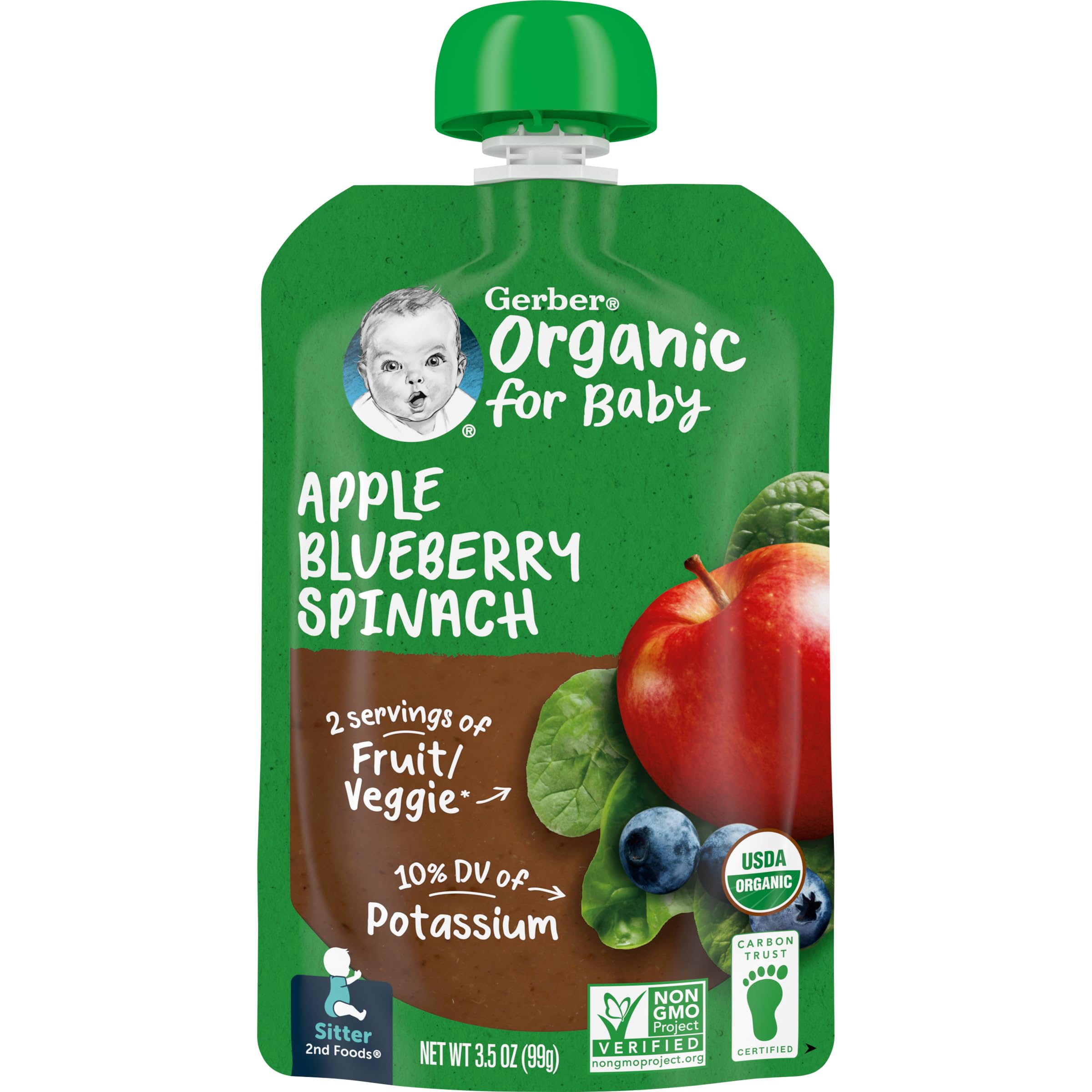
Introduction of Organic Baby Food
Choosing the right food for your baby is crucial. Organic baby food has become a popular choice for many parents. It promises better nutrition and fewer harmful chemicals. This blog post will explain what organic baby food is and highlight its benefits.
What Is Organic Baby Food?
This baby food is made from ingredients grown without synthetic pesticides or fertilizers. It also avoids genetically modified organisms (GMOs). Organic farming practices aim to be environmentally friendly. These foods often come with a certified organic label.
| Criteria | Organic Baby Food | Conventional Baby Food |
|---|---|---|
| Use of Pesticides | No synthetic pesticides | May contain synthetic pesticides |
| Fertilizers | Natural fertilizers | Synthetic fertilizers |
| GMOs | Non-GMO | May contain GMOs |
Benefits Of Organic Baby Food
There are many benefits to choosing this food. Here are some key advantages:
- Fewer Chemicals: Organic food has fewer harmful chemicals.
- Better Nutrition: This food is often richer in nutrients.
- Eco-Friendly: Organic farming supports a healthier planet.
- No GMOs: This food is free from genetically modified organisms.
These benefits can help your baby grow healthy and strong. Parents can feel good about their choice to feed their baby organic food.
Nutritional Value
This baby food offers numerous benefits for your little one. Understanding its nutritional value can help you make better choices for your baby’s diet. This section delves into the essential nutrients and compares organic options with non-organic ones.
Essential Nutrients of Organic Baby Food
This baby food provides a range of essential nutrients. These nutrients are crucial for your baby’s growth and development. Here are some of the key nutrients:
- Vitamins: Vital for healthy growth and immune function.
- Minerals: Important for bone development and overall health.
- Antioxidants: Help protect cells from damage.
- Fiber: Promotes healthy digestion and prevents constipation.
Comparing With Non-organic Options
Here’s a table to show the differences between the two types of food:
| Nutrient | Organic Baby Food | Non-Organic Baby Food |
|---|---|---|
| Pesticides | Free from harmful pesticides. | May contain pesticide residues. |
| Artificial Additives | No artificial additives. | May contain artificial additives. |
| Genetically Modified Organisms (GMOs) | Free from GMOs. | May contain GMOs. |
| Nutrient Density | Often higher nutrient density. | Lower nutrient density. |
This food is often richer in nutrients. It avoids harmful chemicals, ensuring a healthier start for your baby.
Choosing The Right Organic Baby Food
Choosing the right baby food can be a challenging task for parents. Organic baby food offers numerous benefits for your child’s health and development. This section will guide you through the essential aspects of picking the best organic options for your baby. Learn to read labels and identify trusted brands to ensure your baby gets the best nutrition.
Reading Labels
Reading labels is crucial when selecting natural baby food. Here are some tips to help you:
- Look for the USDA Organic seal. This ensures the product meets strict organic standards.
- Check the ingredient list. Avoid foods with added sugars and preservatives.
- Identify the main ingredient. Ensure it is a whole food, like fruits or vegetables.
- Be cautious of lengthy ingredient lists. Simpler is often better.
Understanding these labels will help you make informed choices. Your baby deserves the best!
Trusted Brands
Several brands stand out in the baby food market. Here are some trusted options:
| Brand | Features |
|---|---|
| Happy Baby | Offers a variety of organic fruit and vegetable blends. |
| Earth’s Best | Provides organic options from purees to snacks. |
| Plum Organics | Focuses on organic ingredients and innovative flavors. |
These brands are known for their commitment to quality and safety. Your baby will enjoy their nutritious and delicious products.
Homemade Vs Store-bought
Choosing between homemade and store-bought fleshly baby food can be tricky. Each option has its unique benefits and drawbacks. Understanding these can help parents make informed decisions.
Pros And Cons Of Homemade
Homemade baby food offers several benefits:
- Control over ingredients: Parents know exactly what’s in their baby’s food.
- Freshness: Homemade food can be fresher than store-bought.
- Customization: Recipes can be tailored to the baby’s needs.
However, there are also some cons:
- Time-consuming: Preparing baby food at home takes time.
- Storage: Homemade food needs proper storage to stay fresh.
- Consistency: Achieving the right texture can be challenging.
Convenience Of Store-bought
Store-bought organic baby food offers unmatched convenience:
- Time-saving: No need to prepare and cook food.
- Longer shelf life: Store-bought foods often last longer.
- Consistency: Products have a consistent texture and quality.
Yet, there are some downsides:
- Less control: Parents have less control over ingredients.
- Cost: Store-bought options can be more expensive.
- Packaging waste: Pre-packaged foods contribute to more waste.
Introducing Organic Baby Food To Babies
Giving your baby the best nutrition is every parent’s goal. Introducing organic food can be a great way to ensure your baby eats healthy. Organic foods are free from harmful pesticides and chemicals. They are grown naturally and are safer for your baby.
When To Start
Most experts recommend starting solid foods at around six months. This is when babies usually show signs of readiness. Look for signs like sitting up with support, showing interest in food, and being able to swallow.
Gradual Introduction
A gradual introduction to organic foods is important. Start with single-ingredient purees. Examples include organic apples, carrots, or sweet potatoes. This helps identify any food allergies early.
Follow these steps for a smooth transition:
- Begin with one meal per day.
- Wait 3-5 days before introducing a new food.
- Observe for any allergic reactions.
Here’s a table to guide you in introducing different organic foods:
| Age (Months) | Foods |
|---|---|
| 6-7 | Pureed vegetables and fruits |
| 8-10 | Mashed vegetables, fruits, and small pieces of soft fruits |
| 10-12 | Soft-cooked vegetables, fruits, and small pieces of organic meat |
Remember to consult your pediatrician before introducing new foods. Every baby is different and might have unique needs.

Allergy Considerations
Choosing the right food for your baby is crucial. This is especially true for organic baby food. Understanding potential allergies is essential for your baby’s health. Let’s dive into some key allergy considerations.
Common Allergens
Babies can be sensitive to certain foods. Here are some common allergens to watch out for:
- Dairy – Milk and cheese can cause issues.
- Eggs – Both the white and yolk can be problematic.
- Peanuts – Nut allergies are quite common.
- Shellfish – Be cautious with seafood.
- Wheat – Gluten can be an issue for some babies.
- Soy – Soy products can also cause reactions.
Monitoring For Reactions
It’s vital to monitor your baby for any reactions. Here are some steps:
- Introduce new foods one at a time.
- Wait at least three days between new foods.
- Watch for signs like rashes, hives, or swelling.
- Note any changes in your baby’s behavior.
- Consult a pediatrician if you notice any symptoms.
By following these guidelines, you can ensure your baby enjoys safe and nutritious organic food.
Cost And Budgeting
Choosing this baby food can be a wise decision for your child’s health. But it can sometimes put a strain on your budget. This section will help you navigate the costs involved and provide helpful tips for saving money.
Cost Comparison
Organic baby food often costs more than conventional options. Here’s a quick comparison:
| Type | Average Price per Jar |
|---|---|
| Organic Baby Food | $1.50 – $2.00 |
| Conventional Baby Food | $0.75 – $1.25 |
While this baby food is pricier, many parents find the benefits worth the extra cost.
Tips For Saving Money
Here are some practical tips to help you save money:
- Buy in Bulk: Purchasing in larger quantities can often reduce the cost per jar.
- Make Your Own: Homemade baby food can be both economical and healthy.
- Look for Sales: Keep an eye out for discounts and promotions at your local stores.
- Join Loyalty Programs: Many stores offer loyalty programs that provide discounts and rewards.
- Use Coupons: Look for coupons online or in-store to save on your purchases.
By following these tips, you can provide your baby with organic food without breaking the bank.
Sustainability And Environmental Impact of Organic Baby Food
This baby food plays a significant role in promoting sustainability and reducing environmental impact. Parents who choose Vital baby food support a healthier planet. In this section, we will explore how organic farming and reducing the carbon footprint contribute to a better environment.
Supporting Organic Farming
Organic farming practices are essential for maintaining soil health and biodiversity. These methods avoid synthetic chemicals, ensuring cleaner water and healthier soil.
- No pesticides: Organic farms do not use harmful pesticides.
- Soil fertility: Crop rotation and composting improve soil fertility.
- Biodiversity: Organic farms support diverse ecosystems.
By choosing baby food, you encourage farming that respects nature. This leads to a healthier planet for future generations.
Reducing Carbon Footprint
Organic food production helps reduce the carbon footprint. It uses sustainable practices that emit fewer greenhouse gases. Below are some ways organic farming reduces carbon emissions:
- Less energy: Organic farming consumes less energy compared to conventional farming.
- Local sourcing: Organic baby food often comes from local farms, reducing transportation emissions.
- No synthetic fertilizers: These fertilizers release carbon dioxide; organic farming avoids them.
Supporting organic baby food means contributing to a cleaner, greener planet. This choice helps combat climate change and ensures a sustainable future.
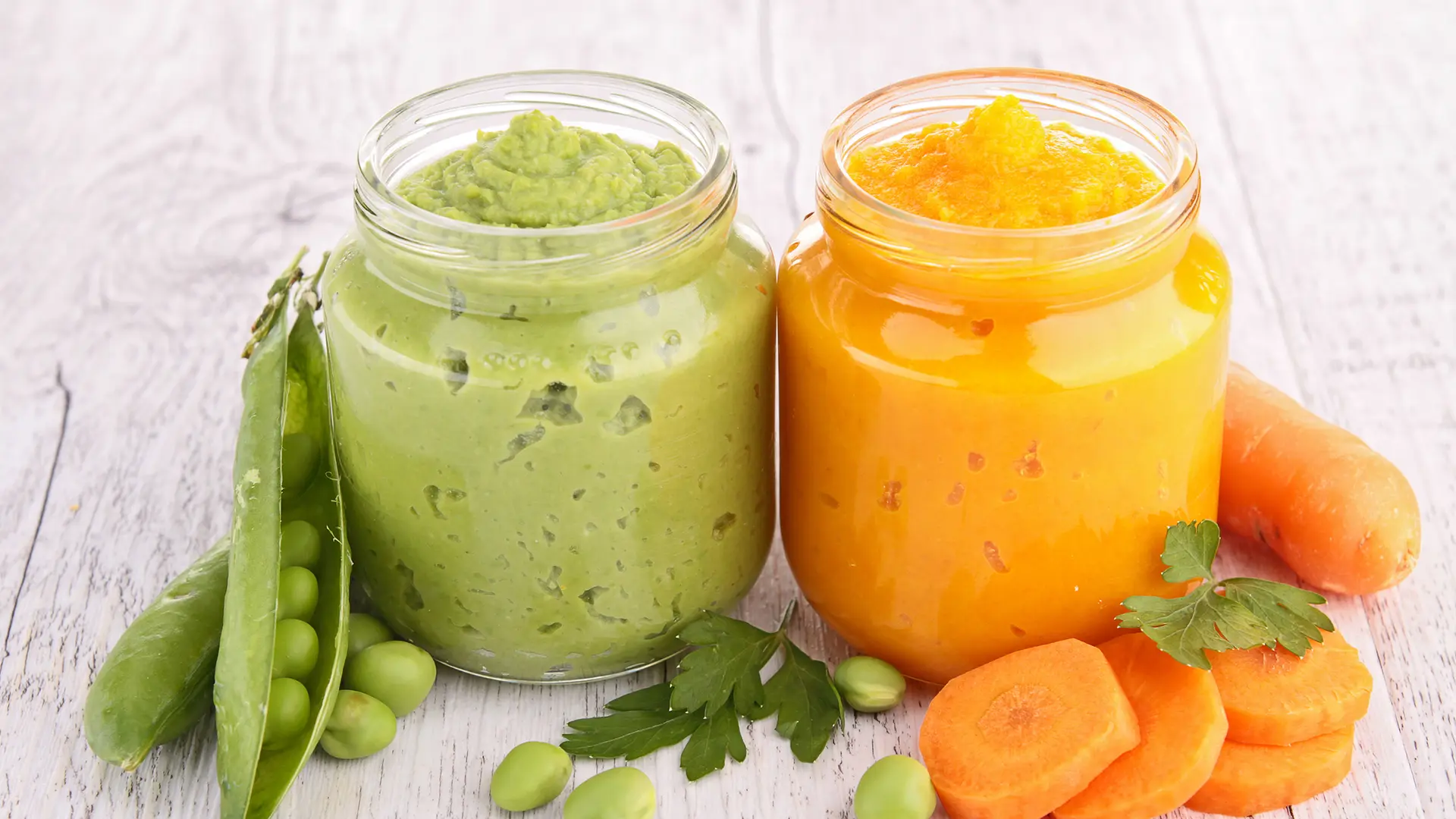
Conclusion of Organic Baby Food
Choosing organic baby food promotes healthier growth and development. It provides your child with natural, nutrient-rich ingredients. This option reduces exposure to harmful pesticides and chemicals. Prioritizing organic food supports a sustainable environment for future generations. Make the switch to organic baby food for a healthier, happier baby.
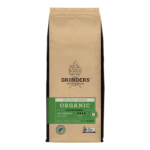


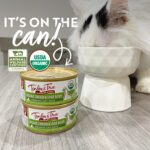
Leave a Reply